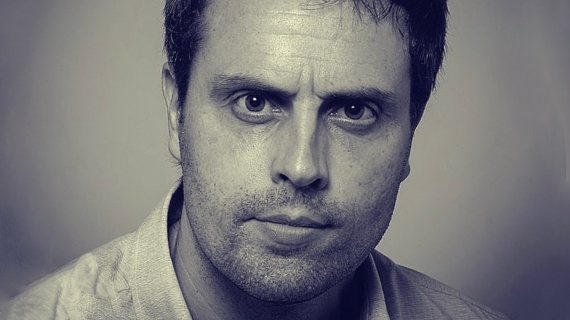Filipe Moreira
Oral rehabilitation in patients with cleft palate

- Dental Degree by the University of Coimbra – 2008
- PhD in Health Sciences by the Faculty of Medicine, University of Coimbra – 2022
- Postgraduate in oral prosthetic rehabilitation at FMUC – 2011
- Invited Assistant at Faculdade de Medicina da Universidade de Coimbra since 2011
- Member of the Scientific Comission of the Portuguese Society of Aesthetics and Oral Rehabilitation
- Founding member of the Portuguese Society of Implantology and Osteointegration (SOPIO)
Nationality: Portugal
Scientific areas: Removable prosthesis
19 of november, from 14h30 until 15h30
Auditorium D
Conference summary
Maxillofacial defects are generally caused by congenital or acquired factors. While recent surgical techniques advocate early intervention, many older cleft palate patients have not benefited from these procedures because they were born before these innovations or surgical protocols were not a viable option at the time.
These defects lead to functional impairments such as fluid leakage, nasal sounds, nasal regurgitation and compromised chewing. These functional problems may affect their oral health-related quality of life.
Rehabilitation of this patients is essential in reestablishing the form of the resected portion and in reconstructing the functional separation of nasal and oral cavities. It provides immediate improvement in speech intelligibility, the voice resonance and swallowing activities. Thus, rehabilitation with palatal obturator prosthesis is a relevant non-surgical treatment option, allowing the restoration of aesthetics, function and self-esteem. Therefore, dentists should be familiar with this alternative rehabilitation.